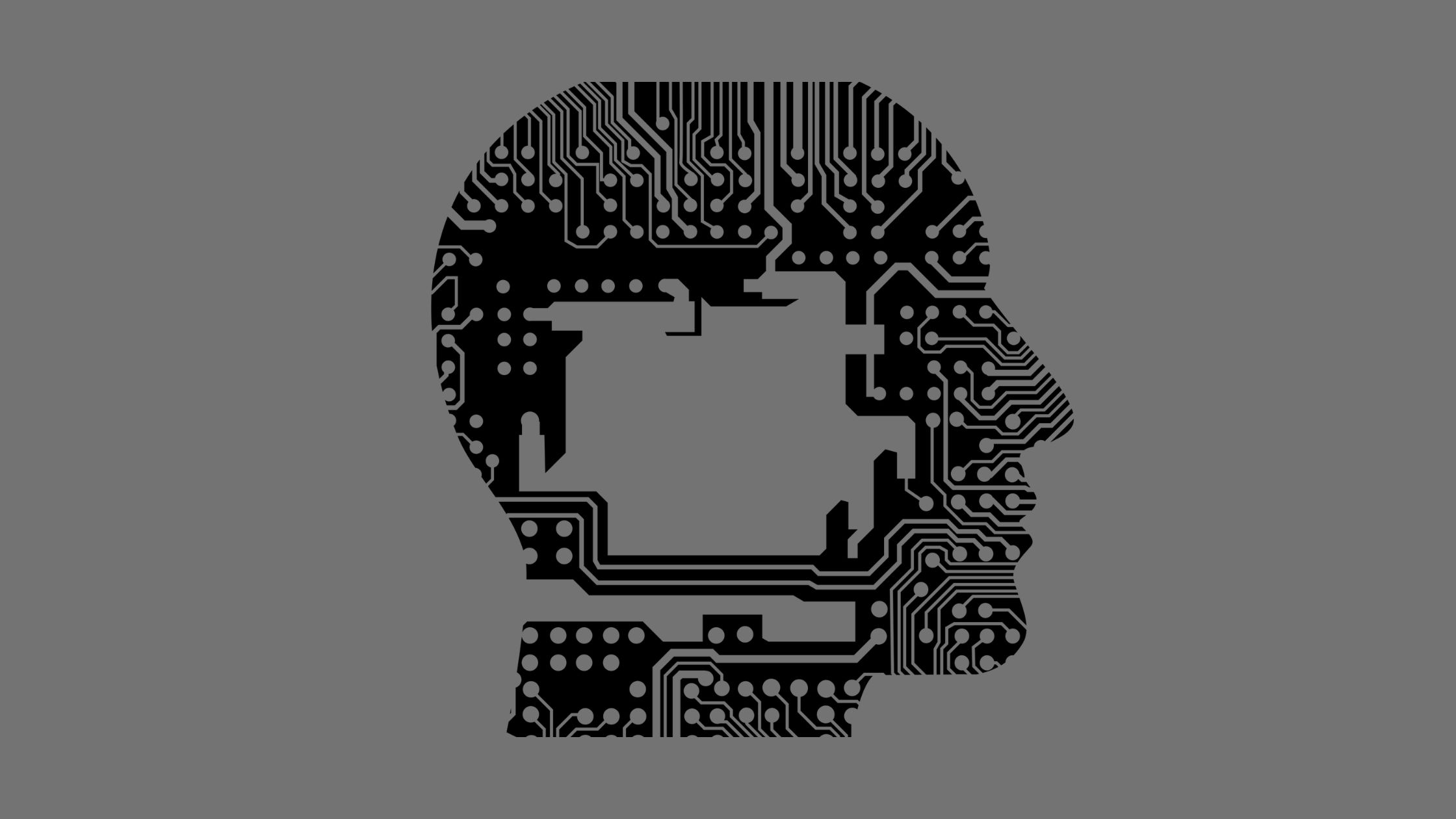
According to preliminary research in a publication in Frontiers in Psychiatry, virtual and augmented reality may become instrumental in improving functional performance in neurodevelopmental disorders.
Led by Bing-Lee Tan, scholars from the Singapore Institute of Technology conducted a systematic review on the use of Virtual and Augmented reality (VR/AR) technology in adults suffering from neurodevelopmental disorders. They also assessed the impact of VR/AR technology rehabilitation programs.
Three of the thirty-eight studies included in the research employed augmented reality, while the rest used virtual reality. The scholars discovered that virtual scenarios came in different ways, including computer screens, head-mounted displays, cave rooms, and mobile devices. Some studies employed eye tracking, speech recognition, and a mobile-capture device to provide users with quick feedback during rehabilitation.
11 of the 38 studies addressed community living, 15 enhanced vocational skills while 9 boosted the social skills of the patients. 3 studies saw the quality of life simply by exposing the participants to virtual environments. However, the studies mostly used small sample sizes and many of them had a serious risk of bias.
Artificial intelligence is changing the face of neuroscience
Despite their limitations, the latest studies could point the way to a glimmer of hope. Early indications are positive that the functional domains examined may see improvements with further research. Medical science can benefit tremendously from integrating virtual reality and augmented reality with existing technology. Research authors believe this integration could result in significant advancements in patient care.
Neuroscience could take a giant leap forward with the use of AR/VR in alleviating neurodevelopmental disorders. However, AI is no stranger to this branch of medicine.
From detecting tumors to performing minimally invasive surgeries and treating neurovascular disorders, these cutting-edge technologies are revolutionizing neuro medicine as we know it.
For further reading: Bhing-Leet Tan et al, The use of virtual reality and augmented reality in psychosocial rehabilitation for adults with neurodevelopmental disorders: A systematic review, Frontiers in Psychiatry (2022).



